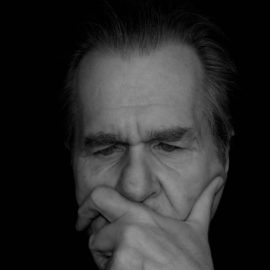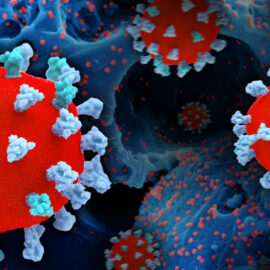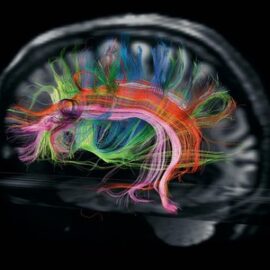What Memory Loss Could Mean For Your Elderly Loved One
As we get older, our brains tend to slow down a bit. This is natural but only to a certain extent. If you’re elderly and experiencing memory loss, or cannot remember things at the time you’re trying to recall them, this could be a sign that there’s a problem. Many people worry that they’re suffering from Alzheimer’s or dementia, but lots of things can cause memory loss. A few examples are:
- Normal aging
- Medication side effects
- Concussions/ head trauma
- Medical issues such as (but certainly not limited to):
- Vascular disease
- Cardiac issues
- Kidney, thyroid, or liver disorders
- Diabetes
It’s Beneficial To Get Diagnosed Sooner Than Later
An Alzheimer’s diagnosis can be scary, but you should not procrastinate if you see any signs. About 50 million people live with Alzheimer’s and dementia worldwide; the disease can be managed but is not curable, yet. It’s a troubling diagnosis, but the sooner you know and begin to address it, the longer independence can be maintained. Dementia patients often forget to eat, drink, or attend to personal hygiene such as brushing their teeth and hair. By understanding the origin of the memory loss, you can be better informed to be able to keep yourself or elderly loved one safe and healthy. Our memory screen can help determine whether further testing should be done.
10 Minute Memory Loss Test
Brain Fitness has a FREE ten-minute memory loss test available. This tool can help you start to get to the bottom of you or a loved one’s memory loss. It also assess flexibility in thinking, which we lose with age, as well.
Signs Your Loved One May Be Experiencing Cognitive Dysfunction
Memory loss is usually the most apparent sign, but what does cognitive dysfunction look like in everyday life? Some examples are,
- Impaired judgment
- Difficulty finding words
- Poor Motor Coordination
- Confusion
- Trouble holding a conversation
- Losing things
If you notice these signs in yourself or an elderly loved one, please seek help.
Contact Us!
If you suspect that you or a loved one is experiencing cognitive dysfunction, or if you have any questions, contact us online today or give us a call at 727-608-7378 for more information.



